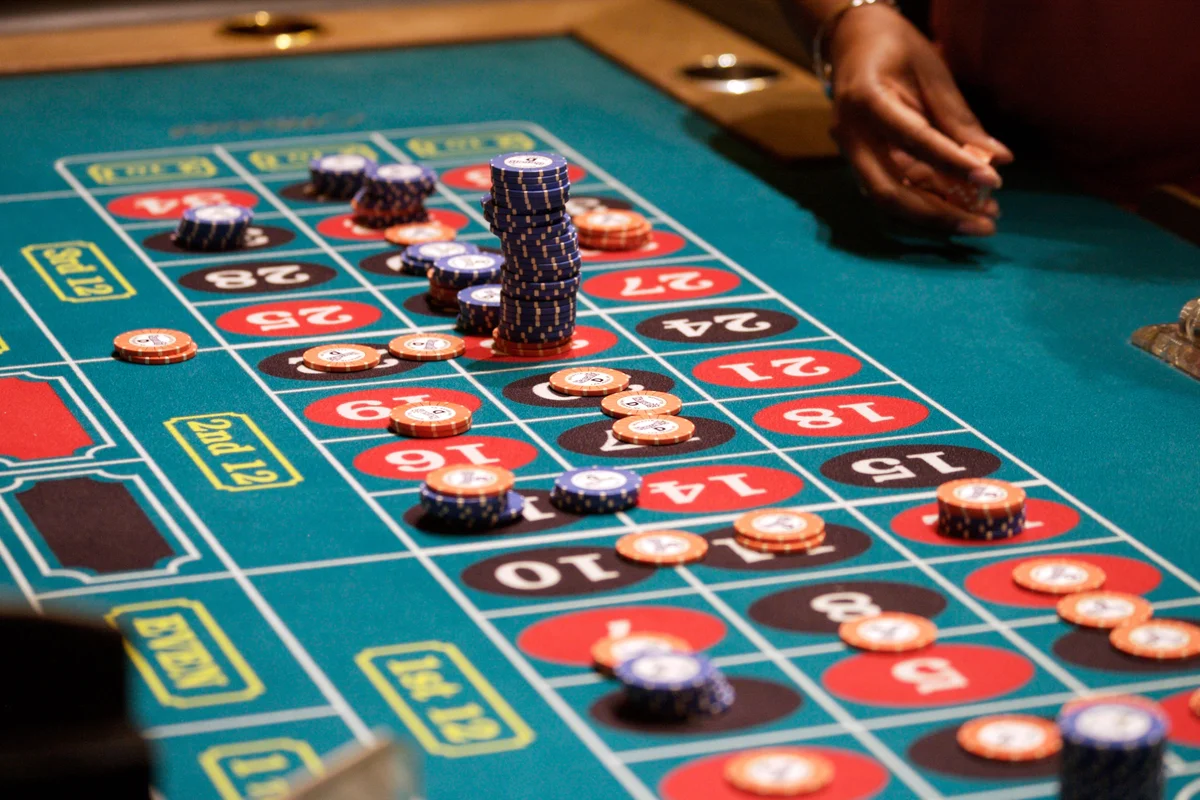Cognitive biases can be hugely damaging to both the decision-making process and how a bankroll is handled; so it’s absolutely essential that we understand them properly, and tailor our expectations on betting strategies to try to prevent these biases from contaminating our work.
For example, consider the prevalence of cognitive biases, such as availability bias (recalling information that is readily accessible as being more prevalent), anchoring bias and confirmation bias.
Identifying Your Biases
Awareness of their biases allowsbettors to make relatively detached analytical assessments, and mitigate to a great extent cognitive distortions such as confirmation biasanchoring biasframing biasand overconfidence bias. Bettors can analyse historical data and statistical trends and so onon a regular basis to defeat these cognitive pitfalls.
To do so, bettors can try to avoid anchoring bias and the gambler’s fallacy by not placing undue reliance upon initial prices and predictions, and by attempting to seek out information that defies confirmation bias and availability heuristic.
Cognitive biases may cloud judgment and inhibit the betting process, leading to bad bets. Fear, excitement and overconfidence all together or separately may lead to a risk-averse attitude which will not allow a gambler to take risks on the chance of winning potential gains, and overconfidence may cause a gambler to rely on their own knowledge alone, disregarding a large amount of statistical information or smarter bettors, leading to irrational betting decisions. Ambiguity aversion may deter gamblers from looking for alternatives and odds, and may hinder their tendencies to consider a multitude of outcomes they may encounter along their potential betting careers. Gambler’s fallacy allows you to reflect on your own cognitive biases and potentially change the way in which you bet – if you do so, then this should at least improve your chances of successful sports betting.
Identifying Biases in Others
For inplay betting, cognitive biases can go to work and wreak havoc with betting decisions, so that we’re leaving the field of good, rational betting and wandering into the domain of easily fooled, less-than-optimal betting. But knowing what these biases are, and how to ‘debias’ ourselves from their worse effects can help punters stick to their sport more than ever.
A gambler with confirmation bias might look for information that supports his guess, and discount counter examples, leading him down the wrong path and causing him to place bad bets that could cause him to miss an opportunity for a profitable arbitrage. To overcome these sorts of biases requires putting forth an honest effort to consider all the data you have available from all possible perspectives – perhaps even creating different test data sets from which you can look at each possible view as objectively as possible.
A related but, less intuitive cognitive bias is the gambler’s fallacy, the belief that past results influence future probabilities, such as flipping a coin and thinking: ‘ah, there have been six heads in a row – the probability of the next flip being a head must be very high’ or ‘the roulette table has not had a red spin for ages – surely it must come up soon.’ If you want to resist this cognitive bias, your reminder mantra could be: ‘Past results have no influence on future probabilities.’
Identifying Biases in the Market
It helped to reveal that such seemingly ‘irrational’ behaviour derives principally from cognitive biases, and that Behavioural Finance can offer the tools that investors need to overcome them.
Reflection can be also a good approach to identify and correct for biases they might have developed inside themselves, which in turn could guard them from future cognitive biases. Being psychologically safe at work enables everyone to freely share ideas and experiences – this also reduces cognitive biases.
Investing in yourself and in your expertise, and in equipping yourself to avoid some of the most common mistakes – such as overconfidence bias, or confirmation bias, or indeed availability bias. Diversifying your portfolio to avoid being too exposed to optimism bias, or to endowment effects. Analyse data if you need to, with more robust tools such as statistical analysis of the numbers, or visualisation of more qualitative data, so that all the appropriate information can be considered before you make the decision.
Identifying Biases in the Game
Games are a type of designed experience, and as with all designed experiences, they can expose, or even create, biases within society. They can be one good strategy by which those attitudes are expressed.
An overconfident bias in an would-be investor might cause them to think they know more or can do better than other investors, allowing them to make much riskier investments than are in line with their goals and financial future.
Even cognitive biases can affect pricing by impacting how consumers perceive value – in which case, understanding them can be used to help businesses better set prices and guide consumers on how to make purchases based on true value.





